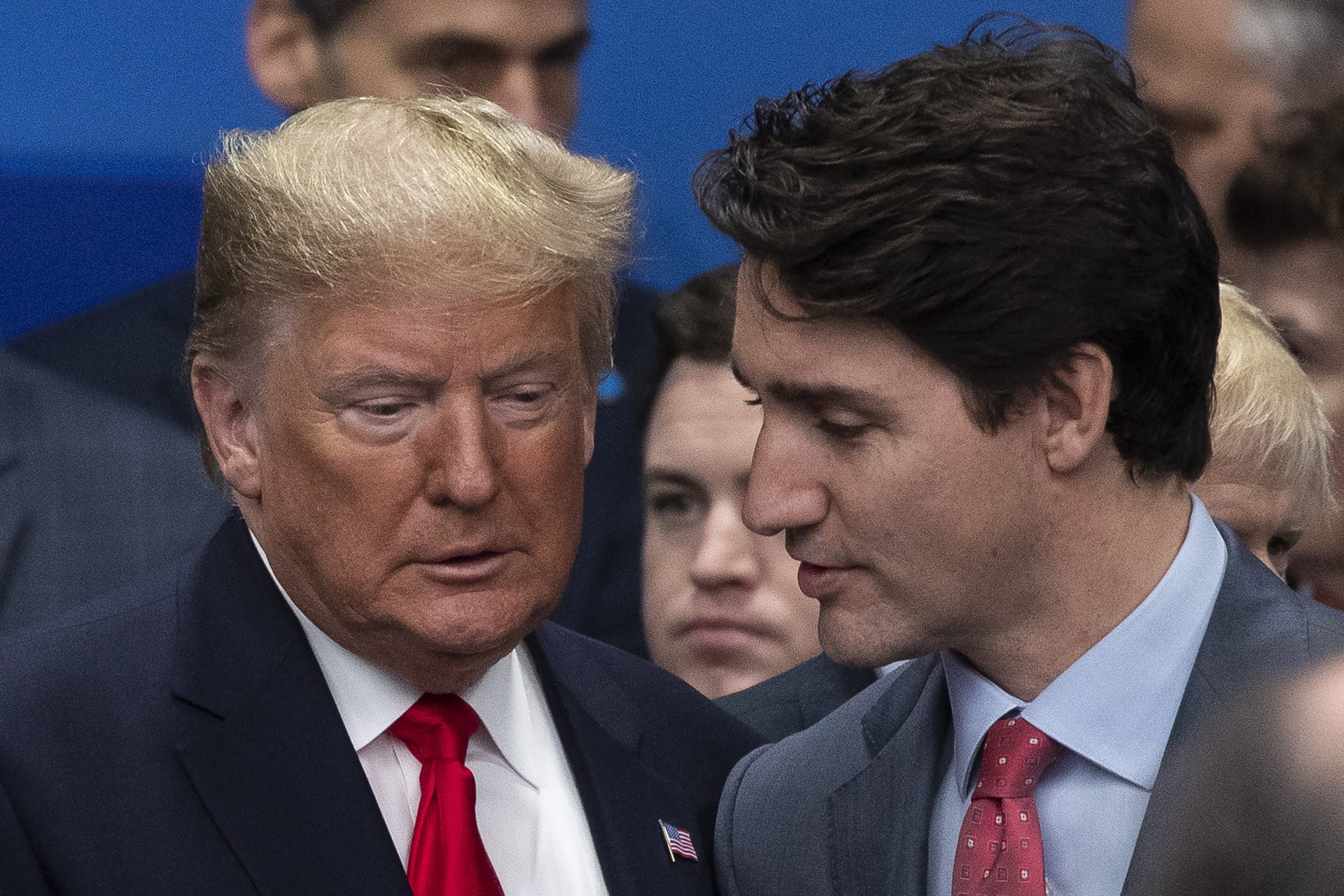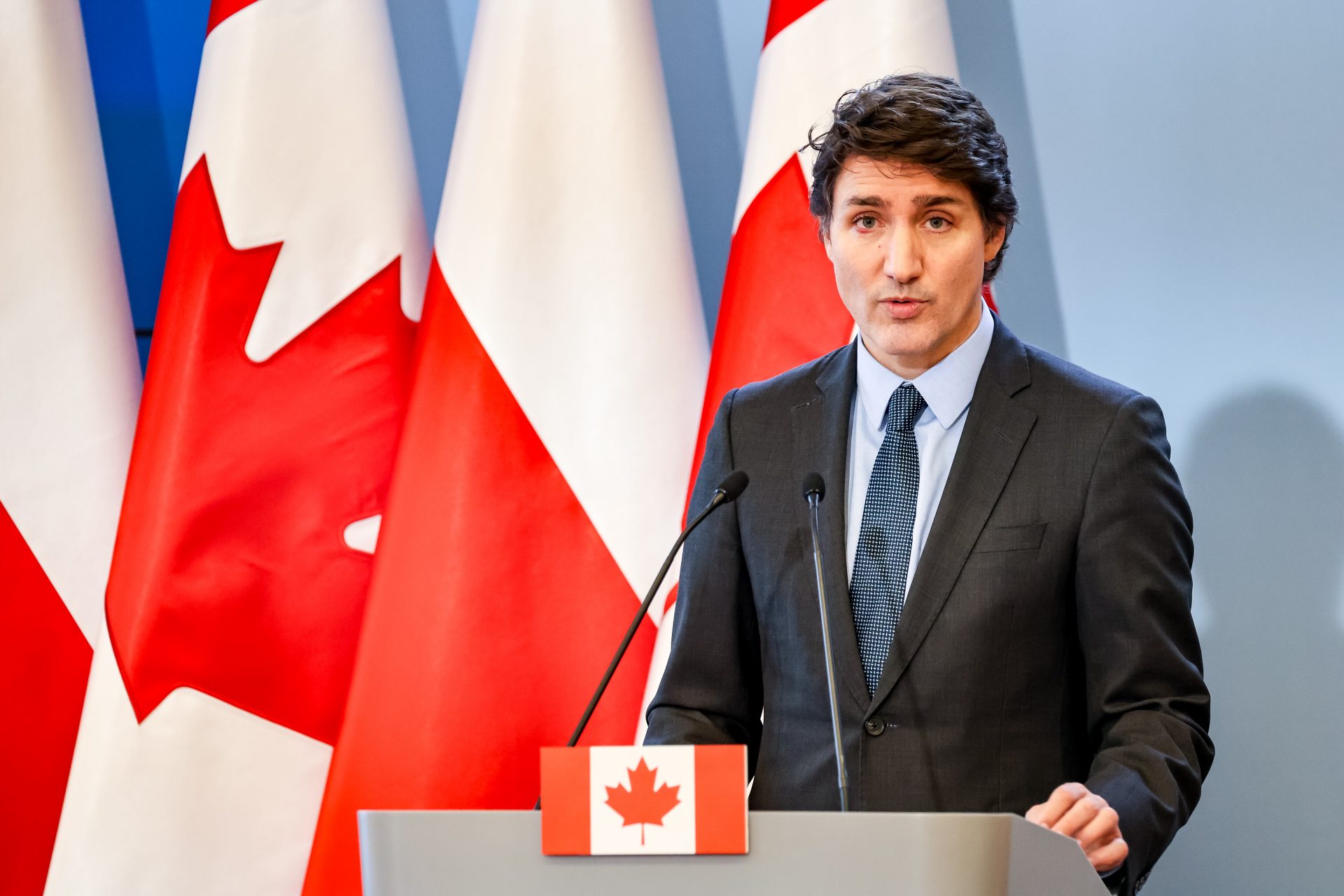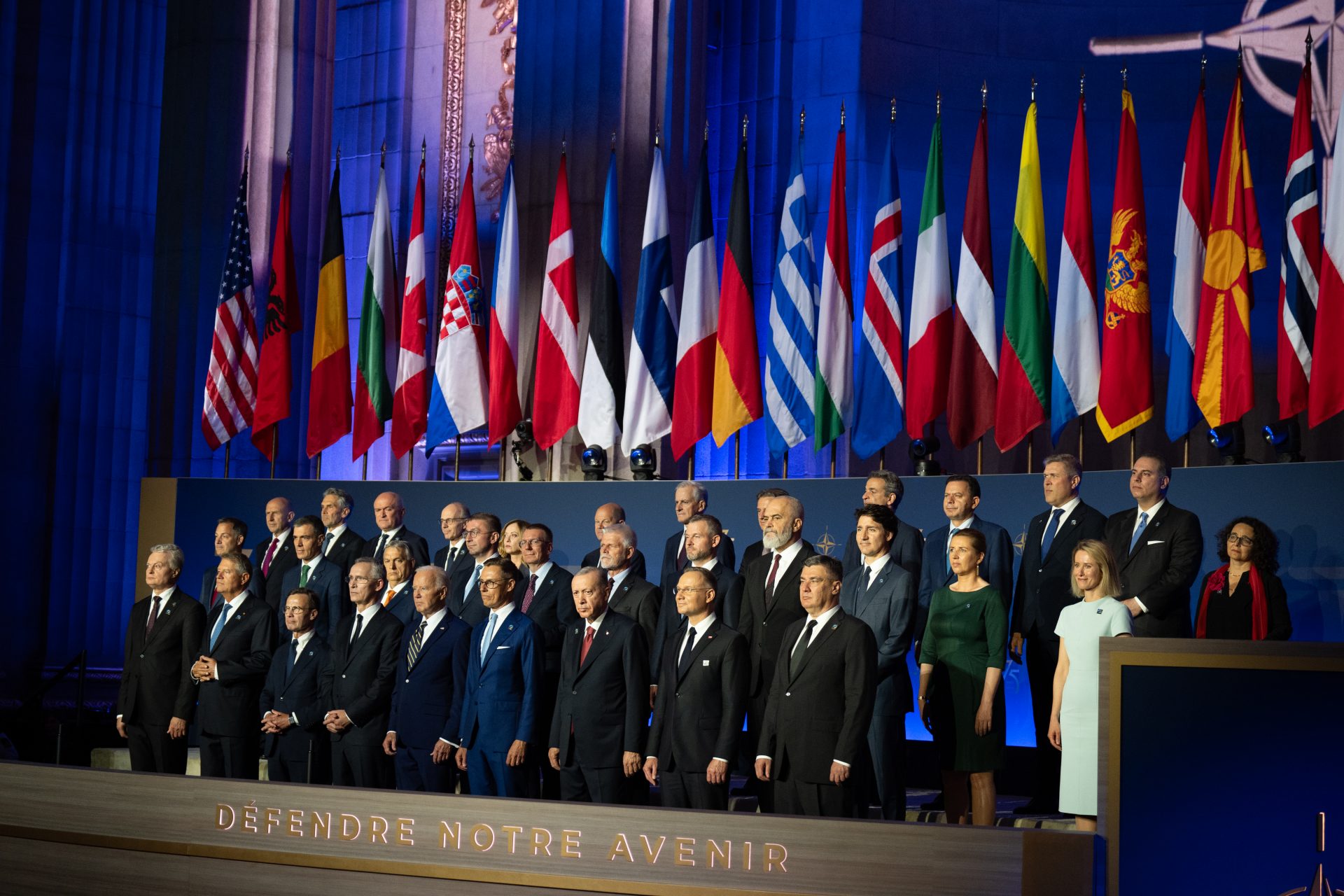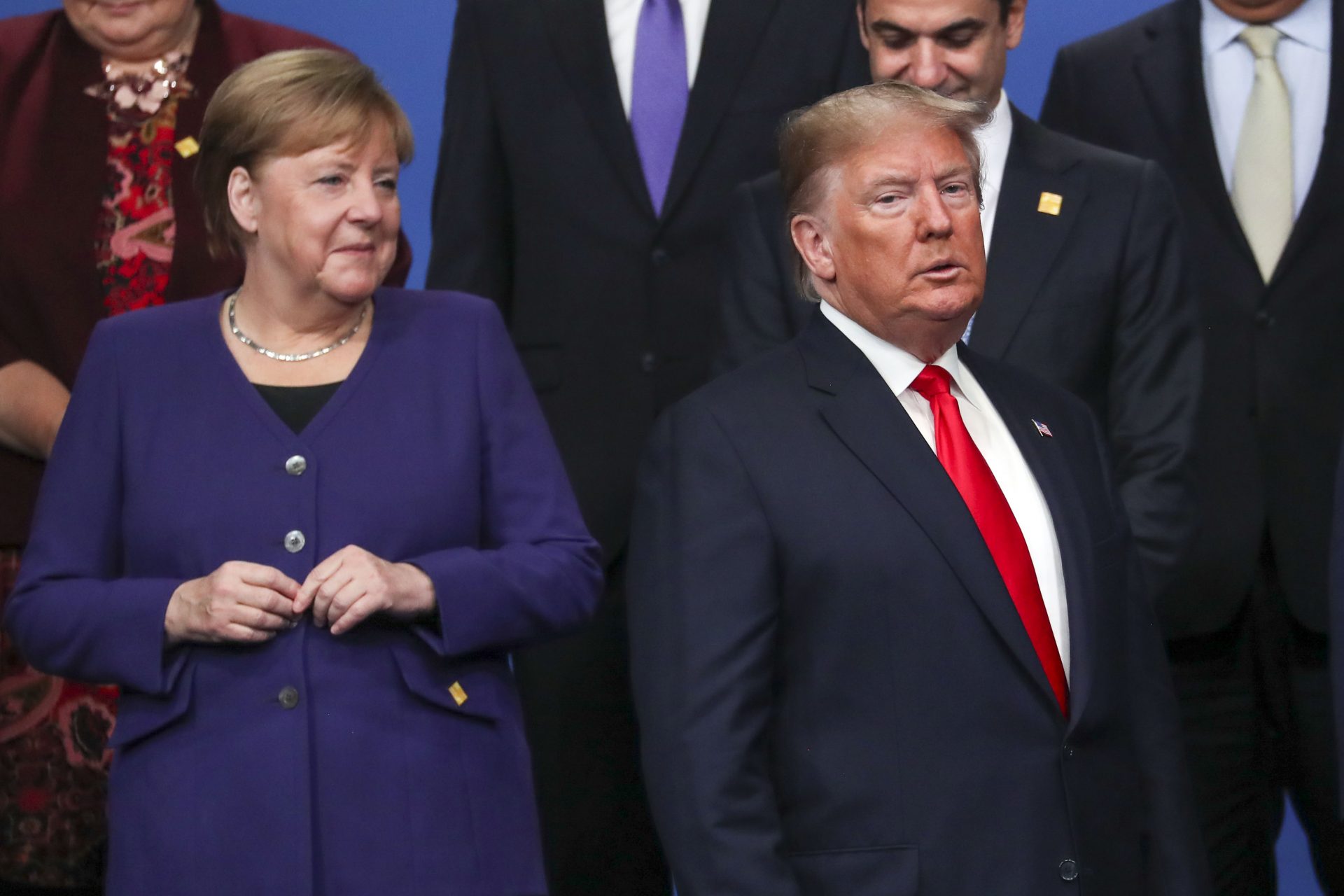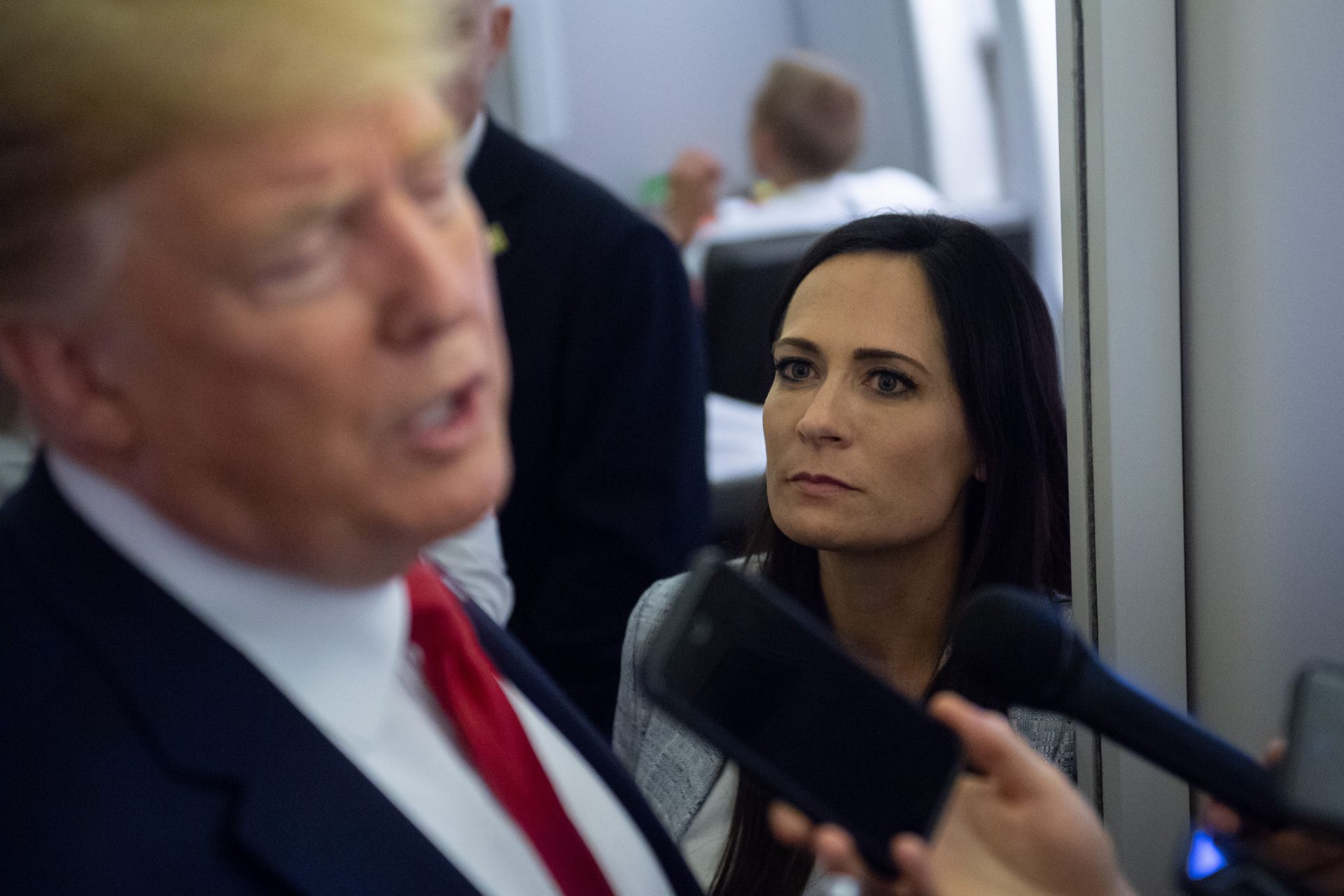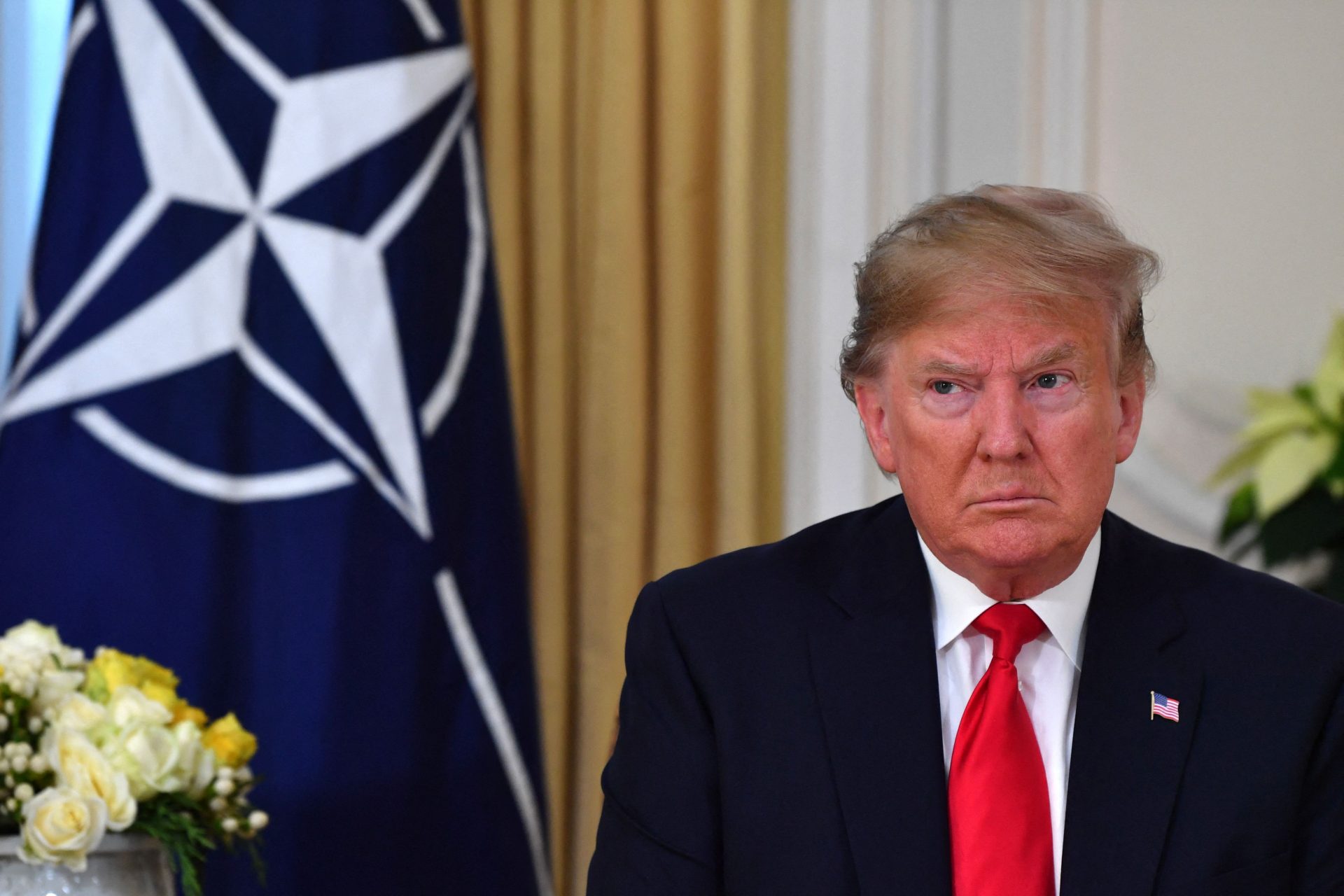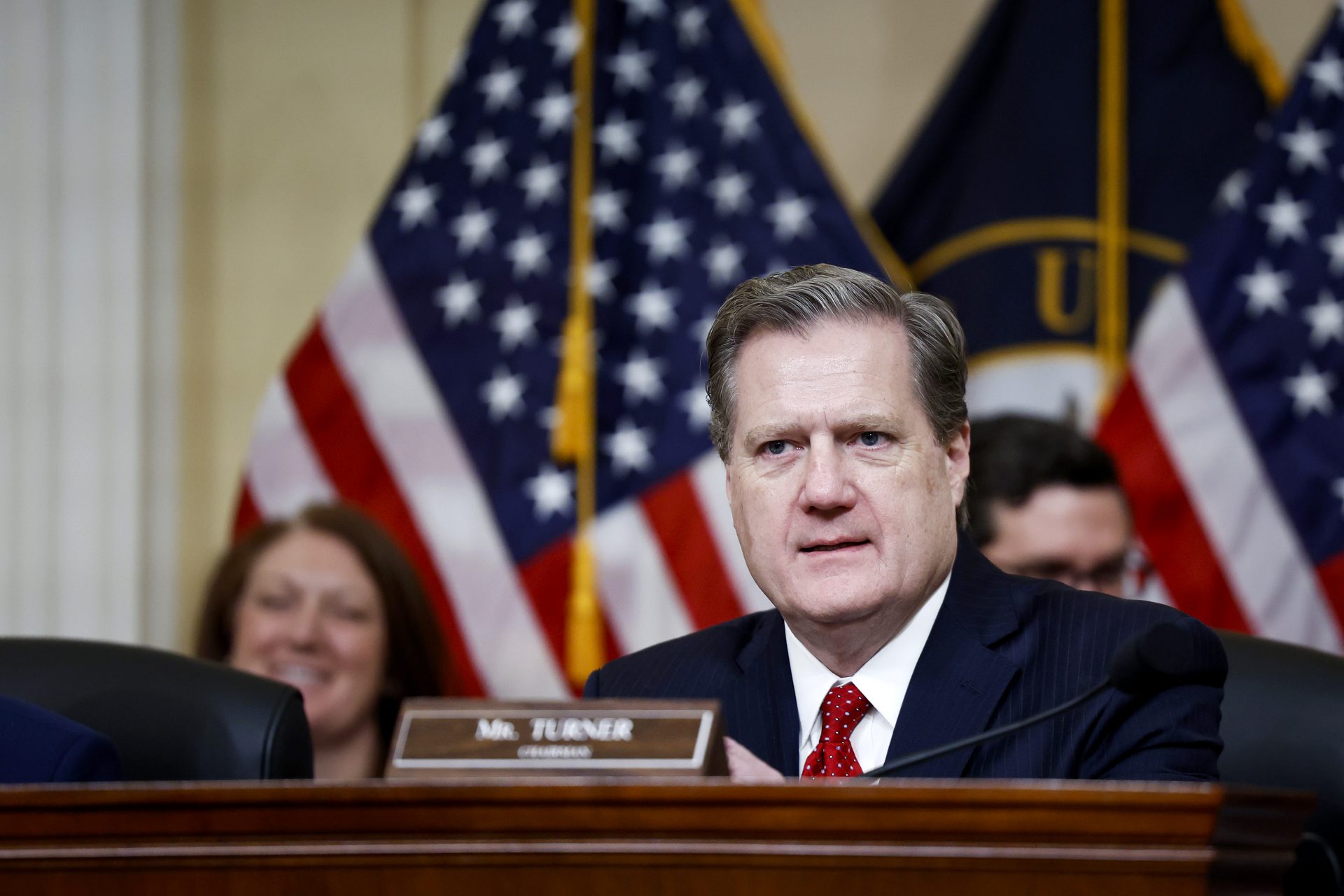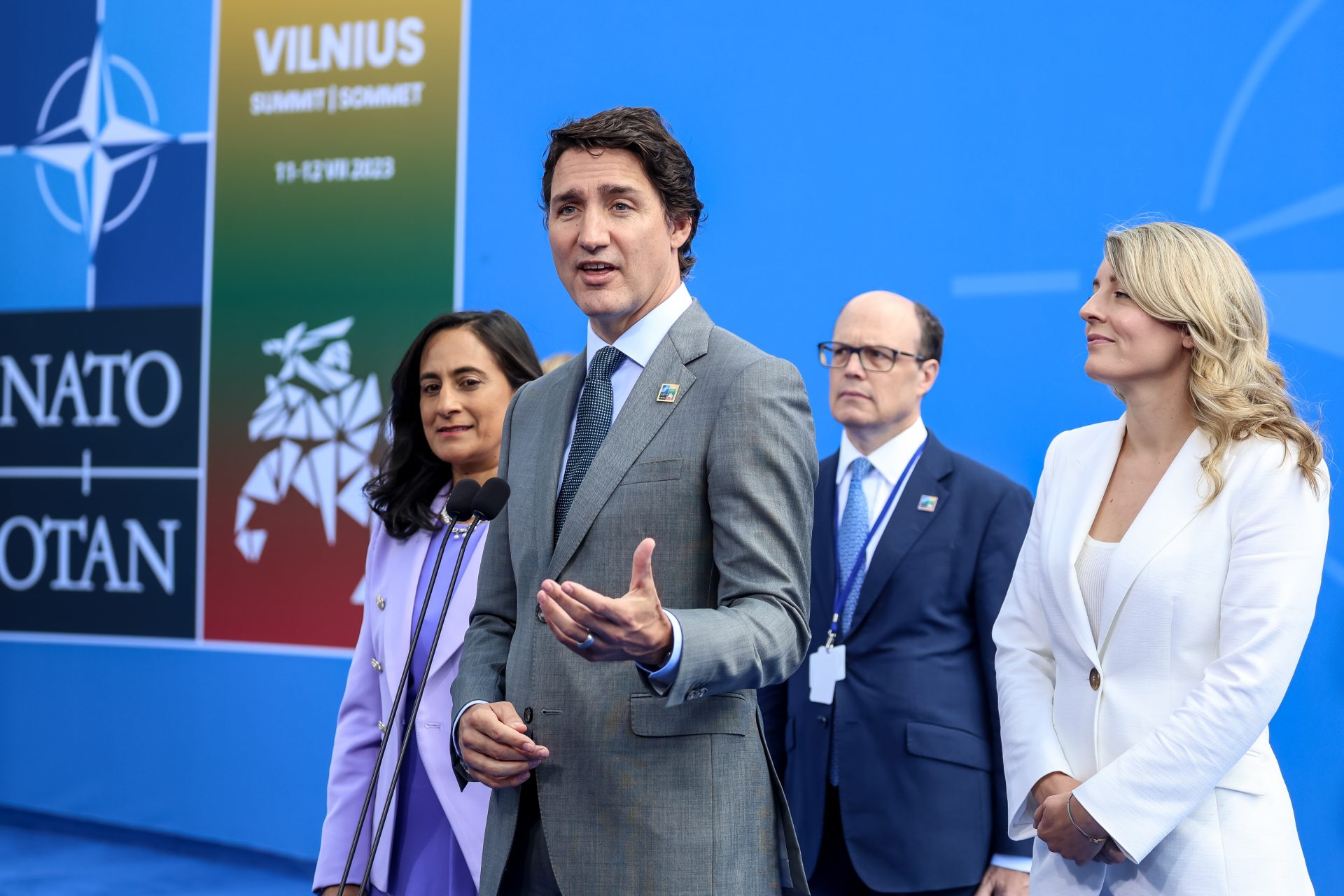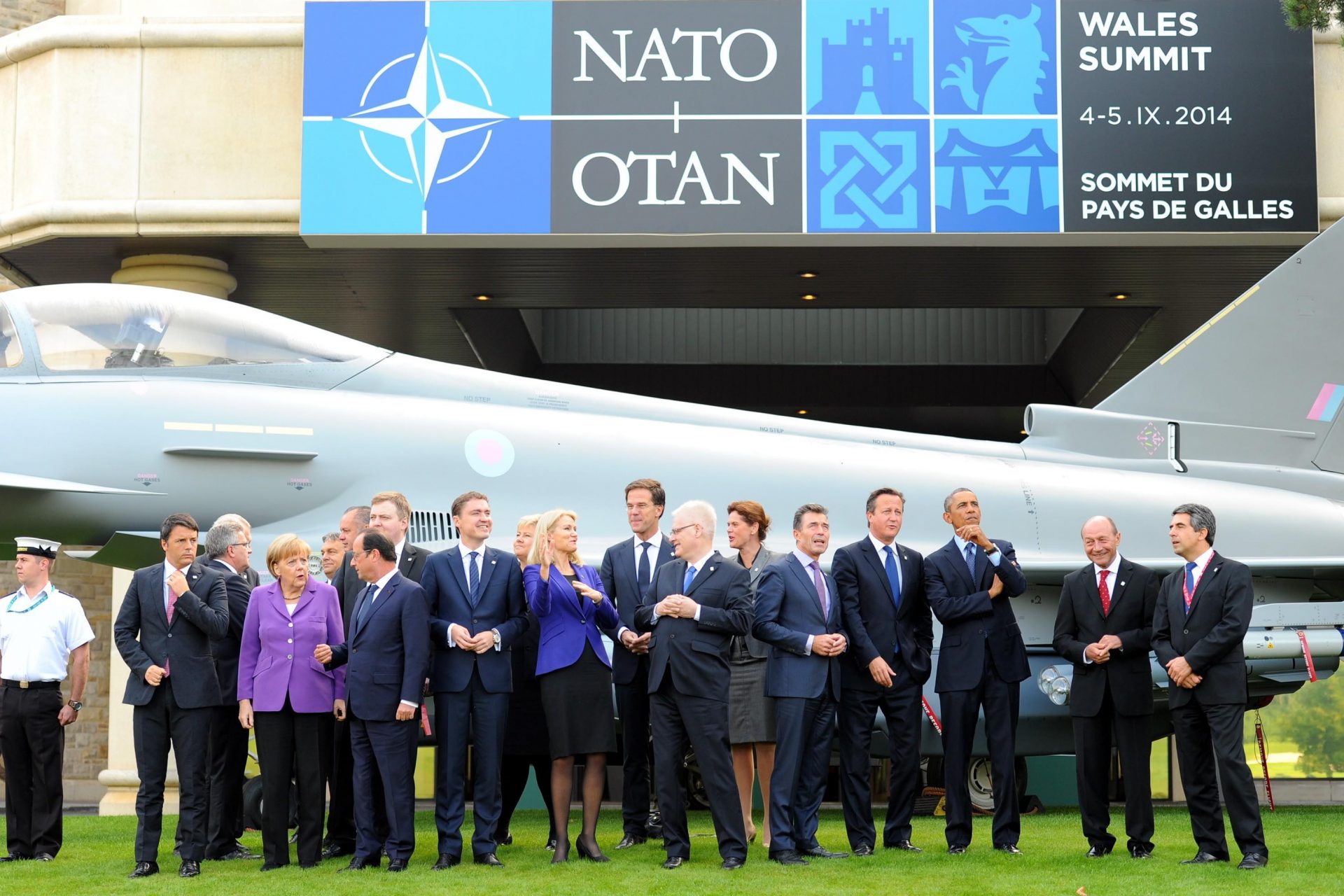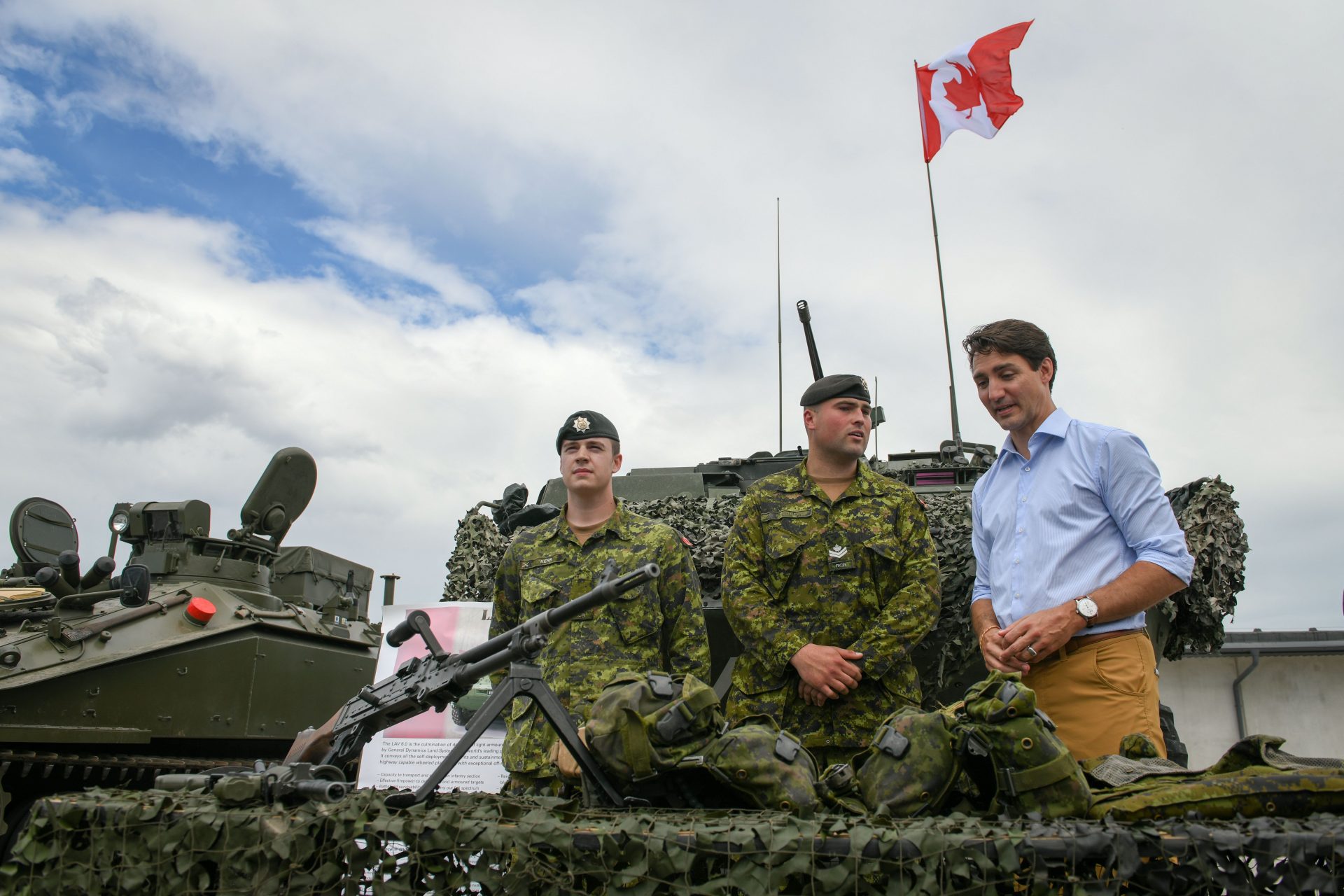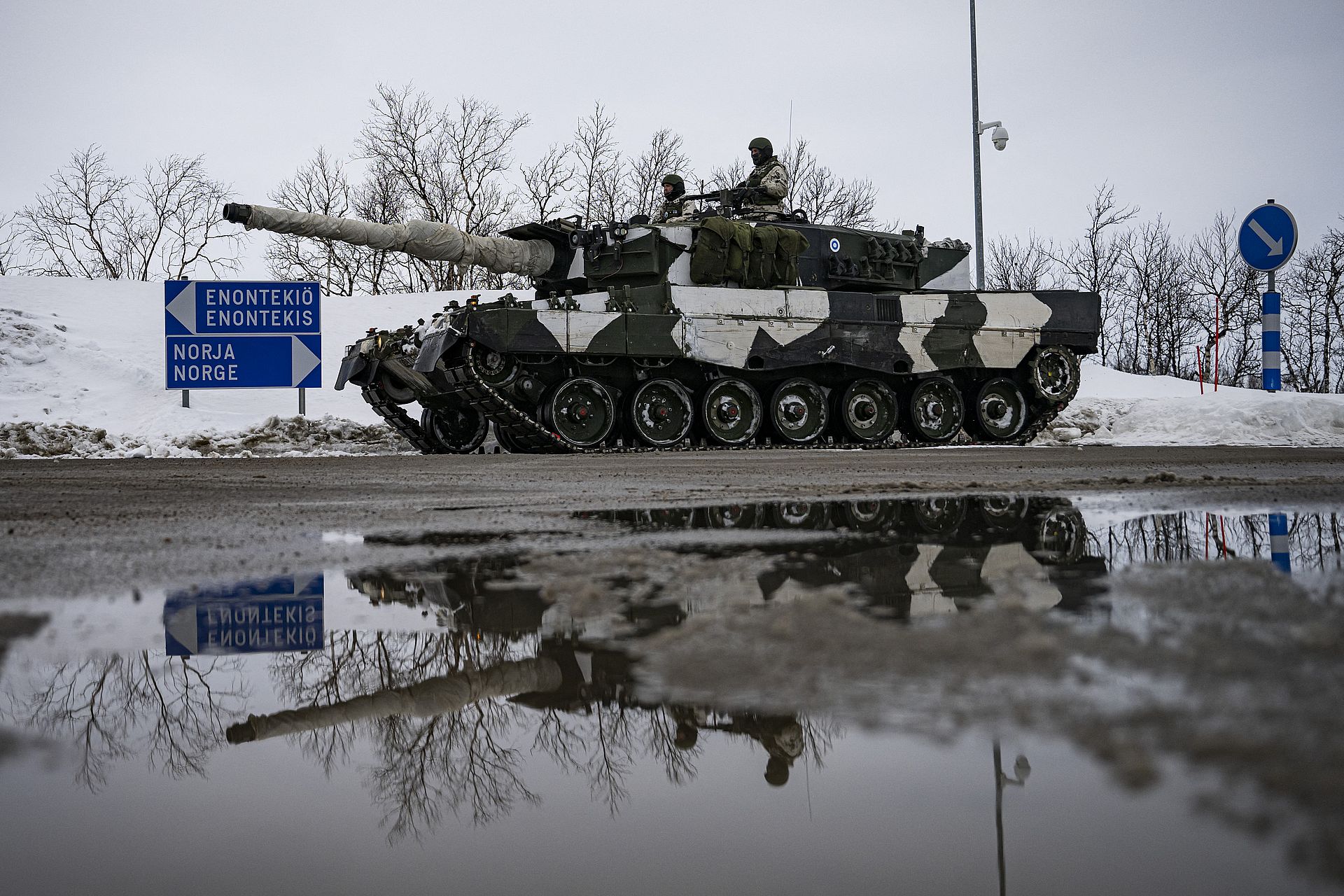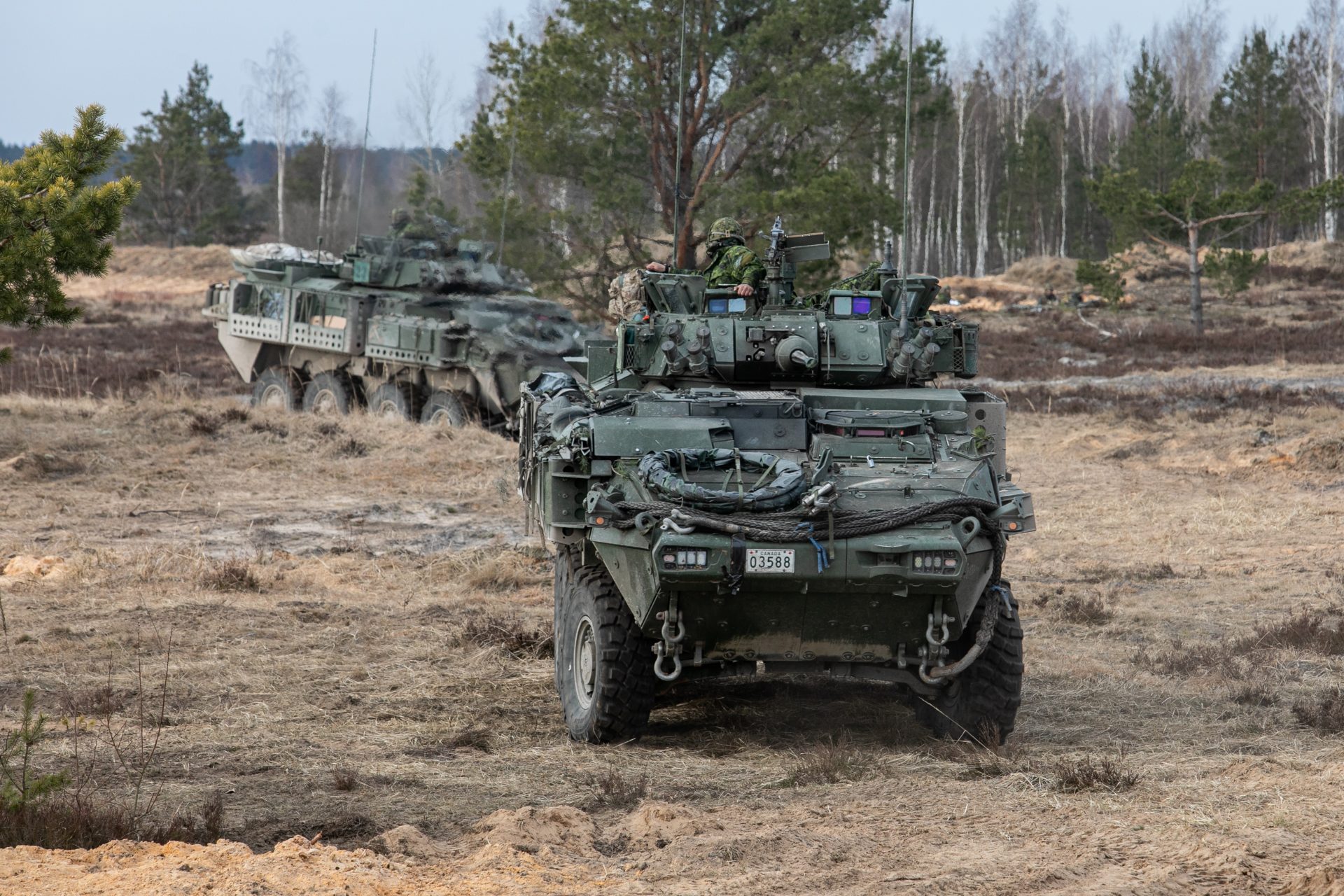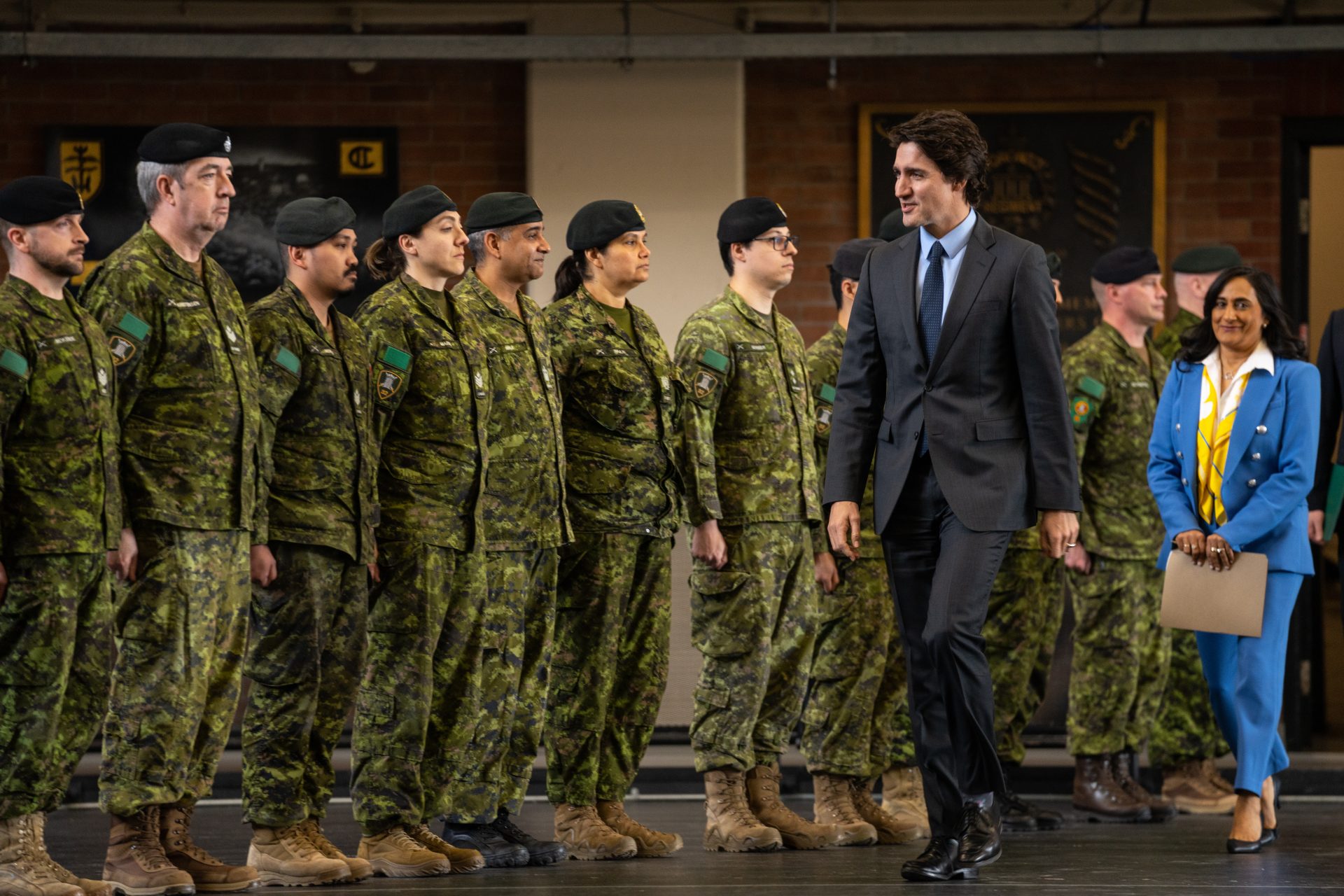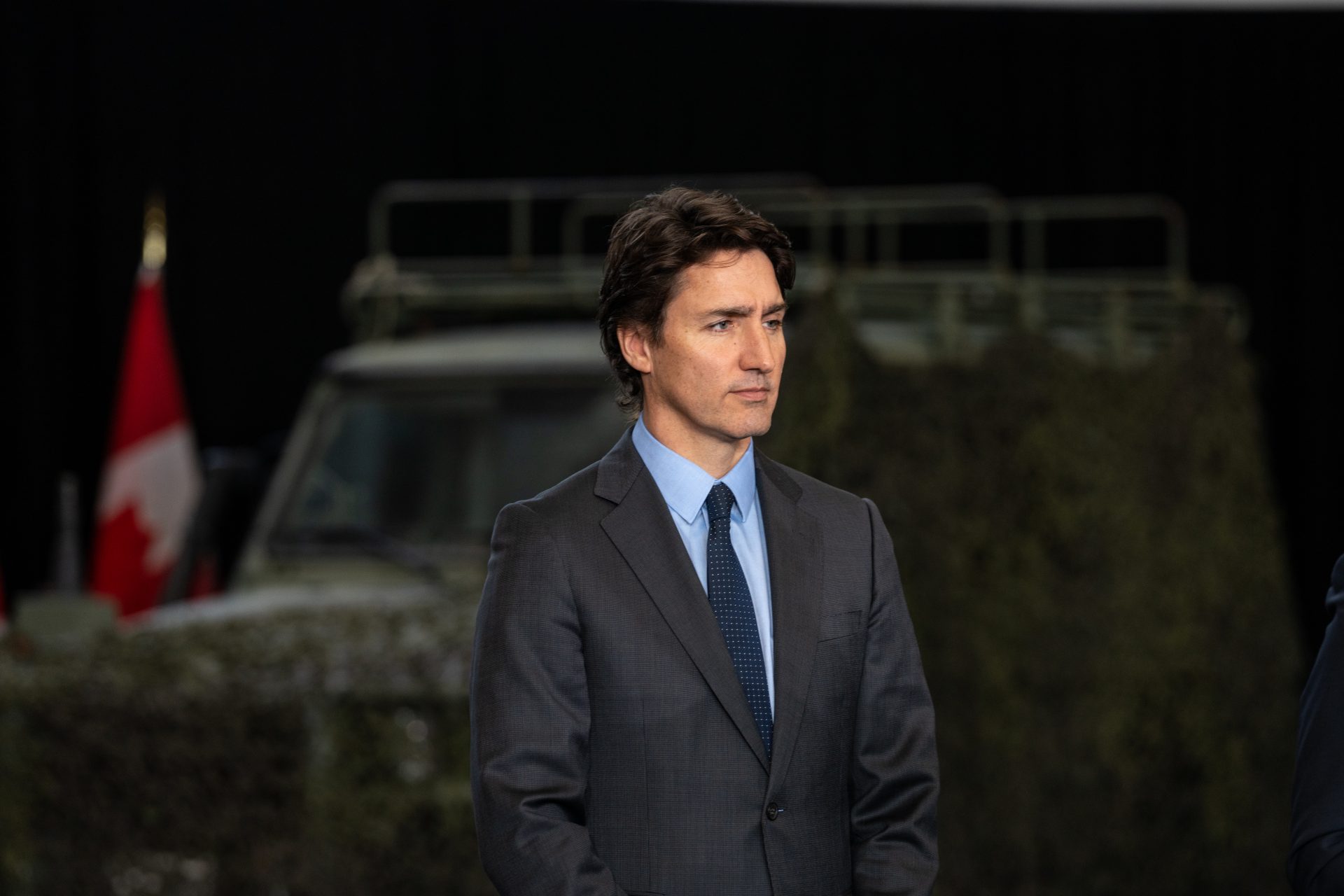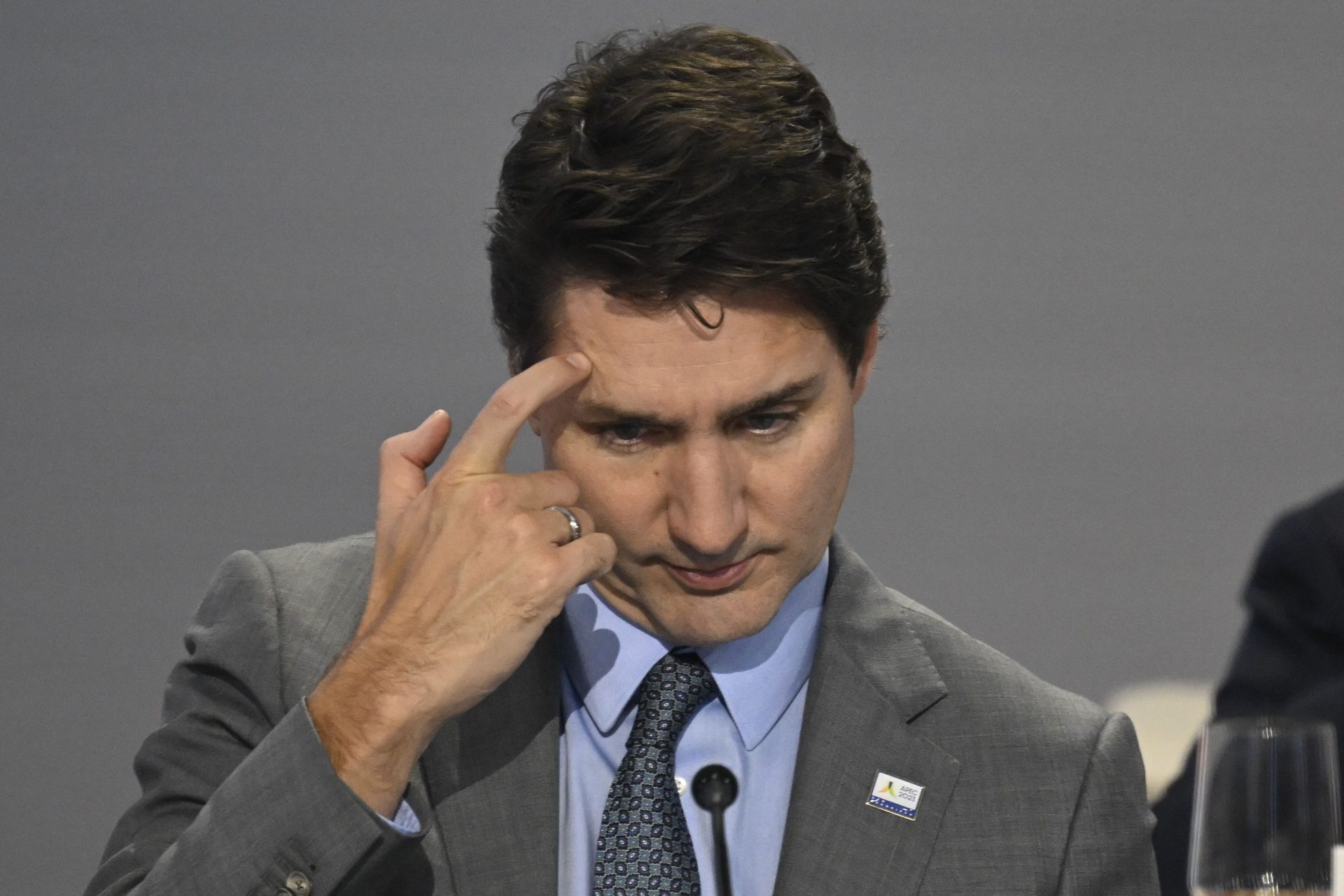NATO should be more worried about Justin Trudeau than Donald Trump
In July 2024, NATO leaders convened in Washington D.C., United States, to celebrate the 75th anniversary of the alliance during the Washington Summit. While the event was marked by public festivities, it was reported that various concerns lingered among numerous participants in private discussions.
In July 2024, the United States hosted NATO leaders at the Washington Summit, commemorating the 75th anniversary of the alliance. While the event was publicly celebrated, reports indicate that several attendees expressed concerns in private discussions.
The U.S. presidential election put NATO and its member states in a very awkward position. And now that Donald Trump will be returning to the White House in January 2025, he might end up changing the alliance forever.
Reports at the time of the Washington Summit suggested many of NATO’s leaders were concerned about a second Trump presidency. For example, a former French official and deputy NATO leader while Trump was in office Camille Grand voiced his concerns.
Grand was quoted by BBC News as saying that he was “much more worried” about a second Trump term than his colleagues and added that another four years of Trump in office would be like his first term, but “on steroids.”
“He doesn't have the same sort of guardrails, he doesn't have the same sort of adults in the room. And he has around him a team that is trying to turn his instinct into policy,” Grand explained. However, is Trump really the biggest threat to the success of NATO?
In a recent opinion piece published by Newsweek, the Ohio Congressman, and Senate Intelligence Committee Chairman, Mike Turner argued it was Canadian Prime Minister Justin Trudeau who was the bigger threat to NATO, not Donald Trump.
Turner explained his reasoning in a short article that blasted Trudeau and Canada for the lackluster approach the Prime Minister and country have taken toward its national defenses and commitment to its European allies across the Atlantic Ocean.
The first point Turner made was that in 2014 NATO leaders agreed at the Wales Summit to spend at least 2% of their Gross Domestic Product (GDP) on national defense, which is something Canada has failed to do in the preceding decrease.
“As a founding member of NATO in 1949, Canada should lead by example for newer allies. Rather, using the 2 percent metric, Canada is 27th in the 32-member alliance for defense spending,” Turner explained.
“In fact, NATO has doubled in membership since 1999 and the Alliance's two newest members—Finland (2023) and Sweden (2024)—currently meet or exceed the 2 percent domestic spending for defense,” Turner added.
Turner noted that at present, Canada is only spending 1.34% of its GDP on its national defense and has no plans to meet its commitment to its NATO allies to spend at least 2% of its GDP on national defense.
In April 2024, Canada revealed its latest defense policy and it outlined that Ottawa had a plan to increase its spending on national defense. However, the increase still won't hit 2% any time soon but rather Canada plans a slow increase to 1.76% by 2029-2030.
While the Canadian government may be projecting that the country will spend 1.76% of its GDP on national defense by 2030, Turner pointed out that Canada’s Parliamentary Budget Officer has predicted the real number will only reach about 1.42% of the country’s GDP while as of 2024, 23 member states have met the spending target.
Whether or not Trudeau and his government’s failure to invest in the country’s national defense makes the popular Prime Minister more of a threat to NATO than Trump is not clear cut, but it is an argument Turner felt strongly enough to make publicly.
“While Trump has strengthened NATO and deepened U.S. commitment to the Alliance, Trudeau has undermined it by refusing to fund at 2 percent and with his overall lack of participation,” Turner argued.
“If every nation took Trudeau's approach, NATO would not exist,” Turner added. “The threat to the stability and security of NATO is not what may happen in Washington this November. It's what's happening in Ottawa today.”
More for you
Top Stories



